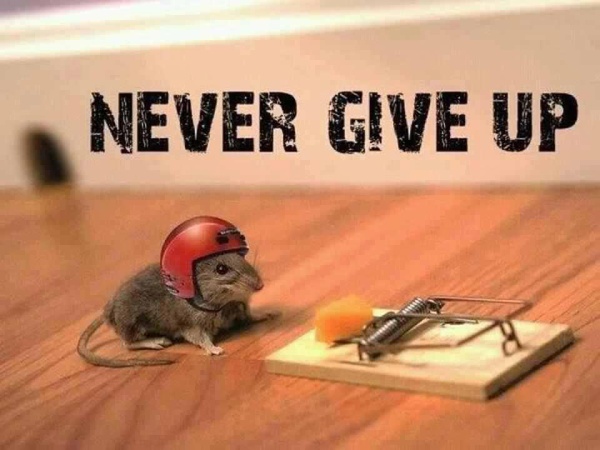As next Tuesday is a public holiday, time is running out for ample revision for your English papers. As a result, I will also use the blog as an extra platform for revision. So do visit the blog regularly for updates and for useful tips.
[ Situational Writing ]
The most common formats would be writing an email, announcement or note.
Take note of the structure as posted in my previous posts. Remember to state the purpose and have paragraphing.
[ Composition Writing ]
Composition is an important part of paper 1. Let us go through the main points of writing a composition again.
1. It must be in formal english - that means no short forms as far as possible, no broken english, no singlish, no incomplete sentences.
2. You must have at least 4 paragraphs - Introduction, Plot/event (can be split into two paragraphs), Problems and Conclusion. You can have more paragraphs if you have more events to write about.
3. Elaborate on your introduction. Give a good build up to the main plot/events.
e.g 1
The golden rays of the scorching sun shone through the windows as the shrill ring of my alarm clock startled me and jerked me awake. I scampered for the bathroom to get myself ready for today, the most important day of my life. It was the day of my soccer finals and my heart was pounding heavily as I dreamed of holding the championship trophy in my arms.
e.g 2
"Beep! Beep! Beep!" I was taken aback as the blaring sounds of the honking of the cars kept replaying in my ears. It was exactly one year since that traumatising experience occurred and had almost robbed me of my precious life. Since then, I developed a phobia of the honking of cars and swore to avoid it as much as I could.
It was a Sunday night like any other given day. The beaming moon hung in the night skies as thin veils of clouds surrounded it. Fresh air filled my lungs as my family and I were walking home after a night's out at Serangoon Shopping Centre. The five of us, father, mother, John, Sally and I were conversing merrily as we reached the pedestrian crossing. The green man was flashing brightly and we then made our way across the road. Just then, the shrill screeching sounds of the tyres pierced through the air as our mouths lay wide open upon witnessing the sight in front of us.
Make sure you separate each event into a paragraph and your paragraph should not be too short (only one sentence).
4. Give your characters a name instead of calling him 'that boy'.
5. Describe your characters. 'John, who wore thick black spectacles, was hurrying down the corridor. ' 'Roger, the bandit, had a deep scar across his left cheeks with long scruffy hair that reached his shoulders. He was dressed in an oversized stripe t-shirt with blue shorts and a pair of worn out shoes. He walks with a noticeable limp.'
6. Develop your characters and have a proper ending for them.
7. Please give a proper conclusion What is the resolution of the story? There should be a solution and perhaps, lessons to be learnt.
For those with difficulty in your spelling and grammar, try to cut down on too much use of flowery sentences and difficult vocabulary. It is good to stick to simple sentences and then add in a few flowery sentences and good vocabulary words. If you can get most of your spelling, tenses and vocabulary right, it will help you in your scoring for language. Most of you do badly for your language component which will then pull down your marks greatly. So take note of this. If you find yourself not confident in using deep vocabulary words, stick to simple words like 'happy, excited, sad' rather than mis-spelling the word.
8. Punctuations are important. Do not link too many sentences together.
e.g The alarm clock rang as Peter woke up to brush his teeth, Peter made his way across the park to get to school and he stopped by a shop to purchase some snacks first, he then went up to his classroom. The commas in red should be a fullstop instead.
For conversation, this is a common mistake. Please take note of conversations when you want to use a speech.
Quotation marks (single or double) are used to show words that are directly spoken (direct speech). Only the words actually being quoted are enclosed by speech marks.
|
For example:-"Could everyone sit down please," said the teacher.
Another general rule is to use a comma after the introduction to quoted speech or writing. For example:- Jamie said, "I love you." Sometimes when writing a spoken sentence it is split in two. The speech marks must then be placed at the beginning and end of each part of the sentence. Commas are used to separate the spoken part from the rest of the sentence. For example:-"I wonder," she said quietly, "whether people will ever truly understand each other." However if you need a question mark or exclamation mark the markers that punctuate the quoted words are enclosed by the speech marks. Spot the difference:- "I don't understand," replied Nathan. Nathan replied, "I don't understand." "Do you understand?" asked Nathan. Nathan asked, "Do you understand?" "I don't understand!" shouted Nathan. Nathan shouted, "I don't understand!" |
Dear parents,
For Monday, there is extra supplementary provided by the chinese teacher and me too. The purpose is to revise through with students for their SA1 papers next week. I seek your understanding in letting your children to stay on till 3.30pm.
1.30pm - 2.30pm - Chinese
2.30pm - 3.30pm - English
If you have any extra activities during this period, do try to push them back as far as possible. :)
Study hard and all the best.
Thank You,
Sincerely,
Mr Nelson Ong



